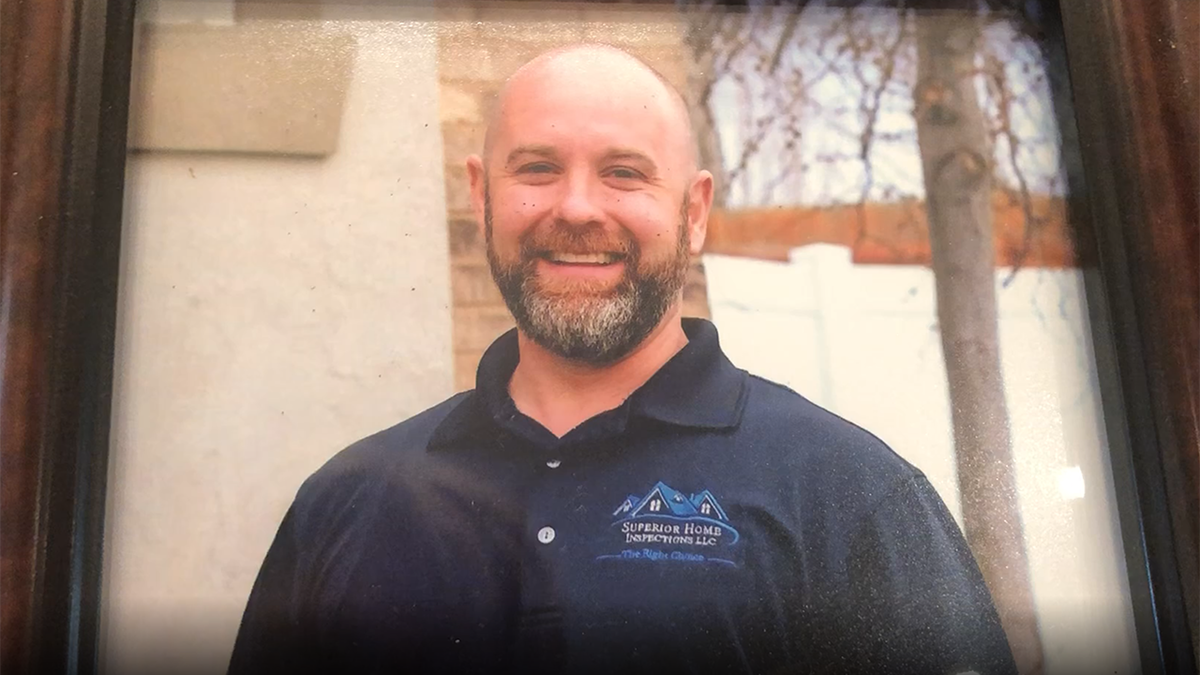Family of man who starved in jail speaks out about lack of criminal charges
BANNOCK COUNTY, Idaho (KIFI) - The family of the Pocatello man who died in the custody of the Bannock County Jail held a joint press conference with Sheriff Tony Manu on Wednesday.
You can watch it below.
This comes after the Kootenai County Prosecutor assigned to investigate the case said there isn't enough evidence to justify criminal charges in the case.
In December 2018, 40-year-old home inspector Lance Quick was taken to the Bannock County Jail while in the grip of a manic episode. Quick had bipolar disorder, a common but serious mental illness that causes periods of both depression and manic behavior, which can sometimes turn into psychotic episodes.

Less than a week after being booked, his physical and mental health visibly deteriorated, Quick died of dehydration and starvation, according to a coroner's report.
“It’s been very disappointing to read what he went through, and then disappointing to know how it’s been handled since his death,” said Shauna Quick, Lance Quick's mother.
Quick's father, former Bannock County Coroner Kim Quick, believes his son's death was avoidable. He had spoken with former Sheriff Lorin Nielsen, who was in office in 2018, about getting the proper help for his son.
“What I said to the Sheriff is that I’m afraid for the life of my son if he’s not in a medical facility. He needed a medical facility,” Mr. Quick said.
The Quicks are calling on current Sheriff Tony Manu to take steps to make sure this never happens to anyone again.
“I want more than lip service, and we need to step up and quit talking about it and do something about it,” Mrs. Quick said.
Manu said he's willing to take on the heavy lift, and challenges people in the community to hold him to his word to implement and enforce policy changes at the jail. During the press conference, Manu said his office is reviewing the report and addressing gaps in communication and mental health training.
But Manu recognized there are obstacles in his way, primarily funding. He admits there is no bed space or facility to take people who are experiencing a mental episode, like Lance Quick.
“You have to basically triage your resources and get the most out of the limited dollars you get,” Manu said.
Mrs. Quick emphasized the need for proper care and resources for people who experience mental health problems.
“The last place they need to be is in a jail. They need facilities. They need help. People need training, because we are uneducated about mental health,” Mrs. Quick said.





